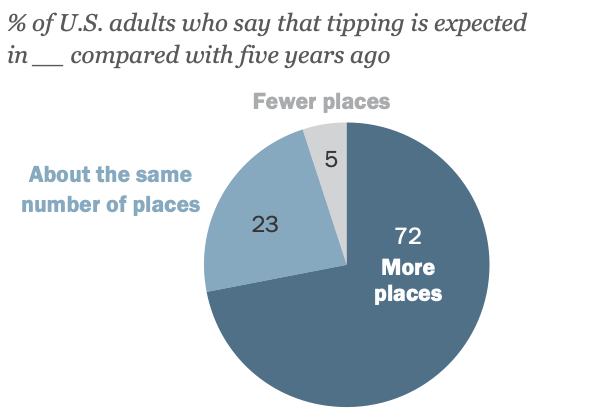Growing up, the only religious encounters I had were spending the night at my grandparents’ house on Saturday then tagging along to church the following day. I attended the children’s class at the church, where we put on puppet shows and snacked on rice cakes. I only spent a small portion of my time learning about God and didn’t take much interest in it. In my eyes, the main reason for this was because I hadn’t grown up with faith in my mind.
I was raised as an individualistic, independent student, worker, and human. I was also neutrally raised nonreligious, so having faith wasn’t encouraged or discouraged. Even so, many of the morals taught to me were similar to religious ones. My parents taught me to care for others but to only give energy to actions that affected me. If somebody was doing something I disagreed with but wasn’t hurting anybody, I needed to keep my thoughts to myself and choose to be kind.
In my eyes, being able to have zero dependence on anything was perfect, as I felt I had complete control over my mental safety. The idea was that if I had no morals for myself, then I could live my entire life without guilt and worry of going to hell. This mentality was the looming force driving me away from spirituality, and as you can imagine, having no morals wasn’t a great attribute.
In time, I had a realization. I could believe as much as I wanted, and I could abide by any of the rules of Christianity or any religion that I wanted. I didn’t have to follow all of the parts of the Bible. One motive behind my current plans for the future is money, which goes against the tenth, but does that cancel out if my goals also include creating a loving family, which I use my money to support? Followers interpret The Bible in so many ways, and it’s easy to pick and choose your ideals, but that might be okay.
That’s why I don’t consider myself a Christian. Even though I choose to believe in some things, I can never confirm that it’s the God that Christians worship. Even though I abide by nearly all of the commandments, a few are unrealistic to follow in my circumstances. Even though I’m not atheist or entirely agnostic, I also can’t call myself religious. I can only use those ideals to make myself a better person. I’m still not really sure where I stand, but I would definitely consider myself a spiritual person.
The entire point of the existence of faith is to make time on earth better for yourself and “thy neighbor” as well. For example, with ideals that focus on kindness, love, and forgiveness, Christianity should set the basis for a peaceful world. So why isn’t that happening?
If a God exists, it makes the most sense that all religions have faith in the same being, just in different forms. The story of a flood sent by God(s) to cleanse the human race is found in the Christian Bible with Noah and the Hindu “manvantara-sandhya,” along with some Native American religions. Because almost all religious stories begin orally, many must have stemmed from one place or, ultimately, one faith. Even so, religion tends to be a continuing point of conflict.
The fact that people fight over their religions doesn’t make sense to me. The underlying theme of all religions is acting ethically and living a virtuous and moral life, yet war seems to be the opposite. The underlying theme for many followers is to be right in their religion, but how can we know? How can we know whose religion is the “right one?” How can we know that you’ll go to a version of hell if you don’t follow that specific religion, even if you’re a moral person? Many religions get caught up in life after death, and they make life miserable before it. That’s why I believe that using the morals that come with religion is the perfect amount.
To me, spirituality isn’t praying daily, attending church, or reading the Bible. Spirituality is being able to believe in something, knowing there’s a chance it might not be confirmed or accurate. It’s recognizing why you take that chance. It’s acknowledging that whichever morals you believe in can make time on earth better for yourself and others. Though contradictory, individualism and spirituality can often go hand in hand. Enough energy put forth into your individualism can result in a sense of spirituality, and vice versa. With enough time, you can use religiousness to create a better version of yourself by forming your morals and knowing which parts of life are most important to you.
Categories:
Sprituality and Morals
How One Defines the Other
0
More to Discover
About the Contributor

Mylah Hall, Editor-in-Chief
Mylah is a senior, and this is her second and a half year on staff! She’s also the editor-in-chief. She joined because she loved the organizational aspect of the process. Besides being part of the school newspaper, she also plays the drums in the marching band, runs hurdles in track, and is part of the link crew and environmental club. She’d like to go to UW Madison and major in biochemistry. Then, she’d like to attend medical school and become a dermatologist.







